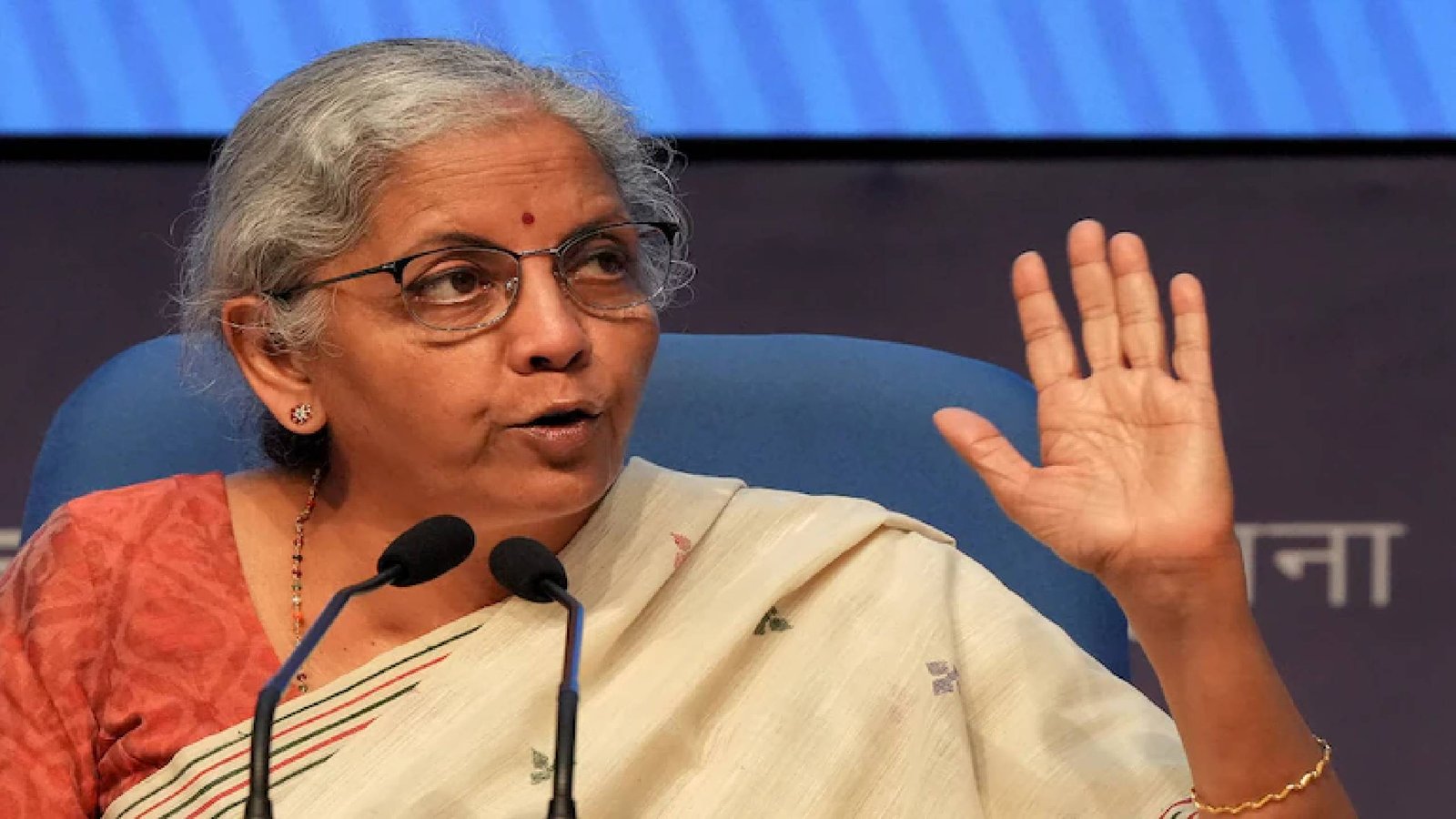The Goods and Services Tax (GST) Council, the body responsible for making decisions regarding indirect taxation in India, recently reaffirmed its decision to impose a 28% GST on online gambling and casinos. This ruling comes after a six-month review during which various stakeholders provided input on the tax’s impact on these growing sectors.
The decision marks a pivotal moment for India’s evolving gaming industry, balancing regulatory requirements and the interests of a rapidly expanding digital entertainment market. Let us see how below.
Legality of Online Casinos in India
Before delving into the tax implications, it’s important to address a question frequently asked by gaming enthusiasts. With the iGaming industry growing exponentially throughout the world, many local gamblers wonder, are online casinos legal in India? The legality of online casinos in India is determined by the laws of individual states, which have varying stances on gambling.
As a result, in regions where they aren’t properly regulated, offshore sites that are aimed at Indian gambling enthusiasts have been flourishing. These sites offer a range of perks like faster payouts and better bonuses. However, gambling experts caution players to only play at offshore sites that are licensed by international gaming authorities and have been professionally reviewed to confirm their safety protocols and other features.
In India, this patchwork legislative environment for online gambling has meant that even though some states permit and regulate online gambling activities, others maintain stricter laws. However, with the GST Council’s decision to levy a uniform 28% tax on such platforms, a nationwide regulatory framework could begin to emerge. This could result in more clarity and structure in this industry.
Rationale Behind the 28% GST on Online Gambling
The GST Council’s decision to maintain the 28% tax on online gambling and casinos is grounded in its broader goal of ensuring that the digital economy adheres to fair taxation principles. Online gaming and casinos have seen unprecedented growth in recent years, attracting millions of players across the country.
As these platforms generate significant revenue, it was deemed essential by the government to implement a tax structure that reflects their economic contribution while discouraging excessive participation. The rationale for the 28% tax rate is to align online gambling with other luxury and sin taxes on products like tobacco, which is also taxed at 28%.
The GST is charged on the total bet or face value of the chips purchased by players. This mechanism ensures that online gaming platforms and casinos remit taxes on all transactions, contributing to greater transparency and a robust taxation system that supports India’s broader fiscal goals.
Impact on the Industry and Consumers
While the 28% GST may seem steep, the decision by the GST Council reflects the government’s commitment to balance economic growth and regulatory control. India’s online gaming and casino industries have experienced explosive growth.
For operators, the 28% tax ensures that their financial obligations are clear and predictable, which helps in long-term business planning and compliance. From the consumer’s perspective, the decision also implies a clearer understanding of the cost involved in online gaming and casino activities.
This higher tax rate may result in slightly lower winnings or higher participation costs for players. However, this is a good trade-off as it comes with a regulated and secure gaming environment.
Industry leaders have acknowledged that while the tax rate presents a challenge, it also provides an opportunity for companies to refine their strategies and focus on offering higher value and enhanced user experiences. This could lead to improved customer service, technology upgrades, and potentially a shift towards more skill-based games.
Government’s Long-Term Vision
The 28% GST on online gambling and casinos can also be viewed in the context of the Indian government’s long-term vision for the sector. By creating a standardised tax framework, the government aims to regulate the industry more effectively, minimising the risks associated with unregulated or illegal gaming platforms.
Regulating online gaming and casinos through a unified taxation system will help the government monitor the sector, curb illicit activities, and protect consumers from fraudulent operators. With the online gaming market expected to grow even further, maintaining a transparent taxation and regulatory framework is essential for fostering responsible growth.
Additionally, the revenue generated through the 28% GST can support important government initiatives, including infrastructure development, and welfare programs—though not everyone agrees—with many feeling that new taxes for expanded welfare programs are unnecessary. As such, the decision not only benefits the industry but also contributes to the country’s broader socio-economic development.
Potential for State-Level Changes
Although the GST is a central tax, the application of the 28% GST on online gambling and casinos could influence state-level regulations. Several states, including Goa and Sikkim, already have their laws governing physical and online gambling.
The GST Council’s decision may prompt other states to reconsider their stance on the regulation of online casinos and gambling activities. Given the growing demand for online entertainment, some states may choose to embrace a more progressive approach.
This would result in them allowing and regulating online casinos and gambling within their jurisdictions. With these states realising their potential for increased tax revenue, job creation, and economic growth, more state governments will likely see the benefits of modernising their gambling laws.












